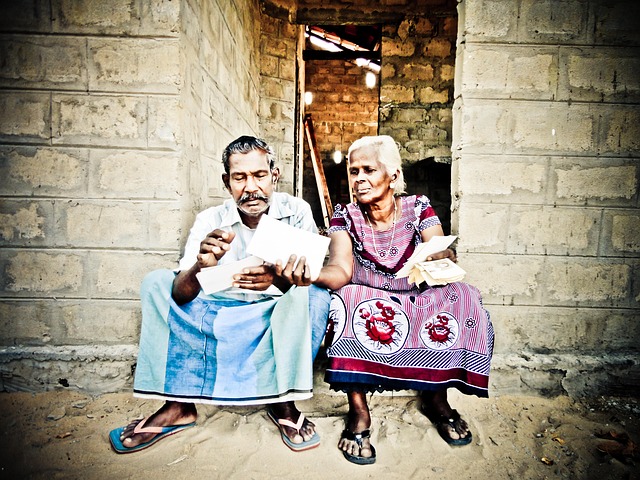Grandparent rights vary by jurisdiction under family law, covering visitation, access, and occasionally custody. Legal frameworks balance interests, focusing on child well-being. Understanding these requires knowledge of specific family law for grandparents, with courts considering relationship quality, parental cooperation, and the child's best interests. Consulting a qualified family law attorney is crucial to interpret laws, safeguard rights, and navigate legal proceedings related to grandchildren.
Grandparent rights are an essential aspect of family dynamics that often requires navigating complex legal systems. This article offers a comprehensive guide for understanding and protecting your grandparent rights, focusing on the legal framework within family law. We delve into practical strategies and explore how expertise in advocacy can empower grandparents to secure their place within their families. By understanding your rights and leveraging professional knowledge, you can navigate these intricate matters with confidence.
- Understanding Grandparent Rights: Legal Framework
- Navigating Family Law: A Grandparent's Guide
- Expertise in Action: Advocating for Grandparents' Rights
Understanding Grandparent Rights: Legal Framework

In many jurisdictions, grandparent rights are recognised and protected under family law, providing a legal framework that allows grandparents to maintain a significant relationship with their grandchildren. These rights vary across countries, but generally, they encompass visits, access, and in some cases, custody or joint parenting arrangements. The legal framework aims to balance the interests of both families while ensuring the best outcomes for the child’s well-being.
Understanding grandparent rights involves familiarising oneself with specific laws that govern these relationships. Courts typically consider factors such as the quality of the grandparent-grandchild relationship, the parent’s willingness to facilitate visitation, and the child’s overall interests and stability. Family law experts play a crucial role in navigating these complexities, providing guidance on legal options available to grandparents and helping them advocate for their rights within the established legal framework.
Navigating Family Law: A Grandparent's Guide

Navigating the complex landscape of family law can be a daunting task, especially for grandparents seeking to understand their rights and options in relation to their grandchildren. The legal system often presents many hurdles and nuances that can make it challenging to know where to begin. Grandparents’ rights vary significantly from one jurisdiction to another, so what may apply in one country or state might differ considerably in another.
Family law for grandparents involves a range of issues, including visitation rights, custody arrangements, and even the potential for adoption. It’s crucial for grandparent to be aware of their legal standing and the specific laws that protect their relationship with their grandchildren. Consulting with an experienced family law attorney is essential to gain clarity on these matters and ensure one’s rights are safeguarded throughout any legal proceedings.
Expertise in Action: Advocating for Grandparents' Rights

In the intricate landscape of family law, expertise plays a pivotal role in advocating for grandparent rights. Legal professionals specializing in this area understand the unique dynamics and complexities that arise when grandparent-grandchild relationships are tested. They navigate the labyrinthine aspects of custody, visitation, and parental rights, ensuring that grandparents’ bonds with their grandchildren are recognized and protected.
These experts employ a strategic approach, utilizing legal knowledge and negotiating skills to present compelling cases. They advocate for fair treatment, highlighting the significant role grandparents often play in a child’s life, especially in situations where parents may be absent or unable to provide care. By drawing on relevant laws and previous case studies, they strive to secure favorable outcomes, ensuring that grandparent-grandchild relationships thrive within the legal framework of family law for grandparents.






